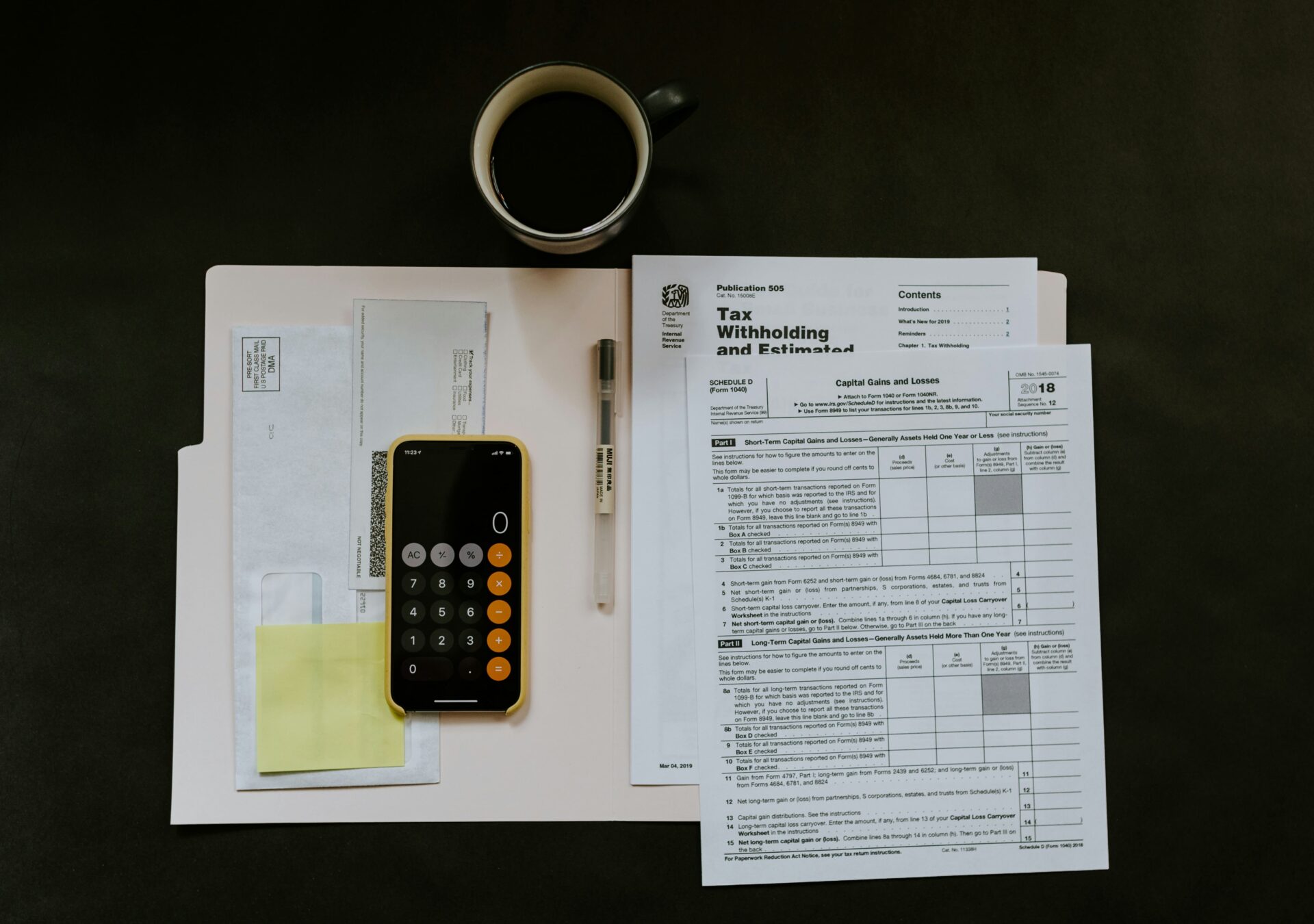All You Need to Know About Vietnam’s Tax System: A Guide for Travelers and Expats

Vietnam is an attractive destination for both tourists and business professionals. However, whether you’re planning a short visit, a long-term stay, or starting a business, understanding Vietnam’s tax system is essential. This article provides a comprehensive overview of Vietnam’s tax system, with practical information for travelers, expats, and businesspeople alike.
目次
1. Overview of Vietnam’s Tax System
Vietnam’s tax system is governed by nationwide laws, with some taxes managed at the local level. The main types of taxes are as follows:
- Personal Income Tax (PIT)
Applies to income earned by individuals, including salaries and investment earnings. For example, expats working for a local company or freelancers are subject to this tax. - Corporate Income Tax (CIT)
A tax on business profits, with a standard rate of 20%. For instance, a restaurant owner in Ho Chi Minh City would need to pay CIT on their profits. - Value-Added Tax (VAT)
A consumption tax applied to goods and services. VAT exemptions exist for sectors like education and healthcare. - Import and Export Tax
Applies to certain imported and exported goods. For example, exporting electronics from Japan to Vietnam might incur this tax.
These taxes may directly or indirectly impact travelers and expats, making it important to understand the basics beforehand.
2. Taxes for Travelers in Vietnam
VAT Refund System
One of the most relevant tax policies for travelers is the VAT refund system. Visitors to Vietnam can claim back a portion of the VAT paid on specific goods purchased in the country.
Conditions and Process
- Purchase Conditions
Individual items must cost at least 200,000 VND, with a total purchase of 2,000,000 VND or more. For example, buying a handbag from a luxury department store in Ho Chi Minh City qualifies if the total meets these criteria. - Refund Procedure
Refund counters are available at major international airports, such as those in Ho Chi Minh City and Hanoi. Travelers need to provide their receipts, passport, and flight ticket. - Refund Amount
About 85% of the VAT paid is refunded (15% is deducted as a processing fee). For instance, if you purchase goods worth 10,000,000 VND, you can get approximately 8,500,000 VND back.
Using the VAT refund system is an excellent way to save money while shopping in Vietnam.
3. Personal Income Tax for Expats
Tax Obligations for Expats
Expats who stay in Vietnam for 183 days or more are considered “residents” and are taxed on their worldwide income. Those staying less than 183 days are classified as “non-residents” and taxed only on their Vietnam-sourced income.
Tax Rates for Residents
Income tax is progressive, with the following brackets:
- Annual income up to 60,000,000 VND (approx. $2,500): 5%
- Annual income up to 300,000,000 VND (approx. $12,500): 10%
- Annual income exceeding 960,000,000 VND (approx. $40,000): 35%
For instance, an expat earning a monthly salary of 40,000,000 VND (approx. $1,600) would pay around 15% in taxes due to the progressive rates.
Tax Rates for Non-Residents
Non-residents are subject to a flat tax rate of 20%. For example, a freelancer working on a short-term project earning 100,000,000 VND (approx. $4,000) would pay 20% (approx. $800) in taxes.
4. VAT (Value-Added Tax) for Foreigners
Vietnam’s VAT is typically 10%, though certain goods and services are subject to a 5% rate or are exempt altogether.
Examples of VAT Application
- 10% VAT
- Restaurant meals
- Clothing and accessories from shopping malls
- Spa and beauty services
- 5% VAT
- Medical equipment and pharmaceuticals
- Educational books and materials
- Exemptions
- Educational services (e.g., tuition at international schools)
- Public transportation (e.g., buses, trains)
While VAT is generally included in prices, travelers can reduce costs by shopping at VAT refund-eligible stores.
5. Important Tax Considerations in Vietnam
Tax Filing Obligations
Both resident and non-resident foreigners must file taxes on any income earned. Companies typically file on behalf of their employees, but freelancers and self-employed individuals must handle their own tax filings.
Example: Tax Filing Process
- Submit Forms
Complete and submit the required forms at your local tax office. - Make Payments
Pay taxes through bank transfers or online payment systems.
Penalties for Non-Compliance
Failure to declare or pay taxes on time can result in hefty penalties, such as fines exceeding 10% of the unpaid tax amount. In severe cases, non-compliance can impact visa renewals, with authorities potentially rejecting your application.
Conclusion
Understanding Vietnam’s tax system is crucial for travelers, expats, and business professionals. Travelers can benefit from the VAT refund system to save on shopping, while expats and business owners must ensure compliance with income and corporate tax obligations. By staying informed and consulting professionals when needed, you can avoid tax-related issues and make your time in Vietnam more enjoyable and productive.
Use this guide to navigate Vietnam’s tax system and make the most of your travel, work, or business endeavors in this vibrant country!
(Photo by Unsplash.com)



